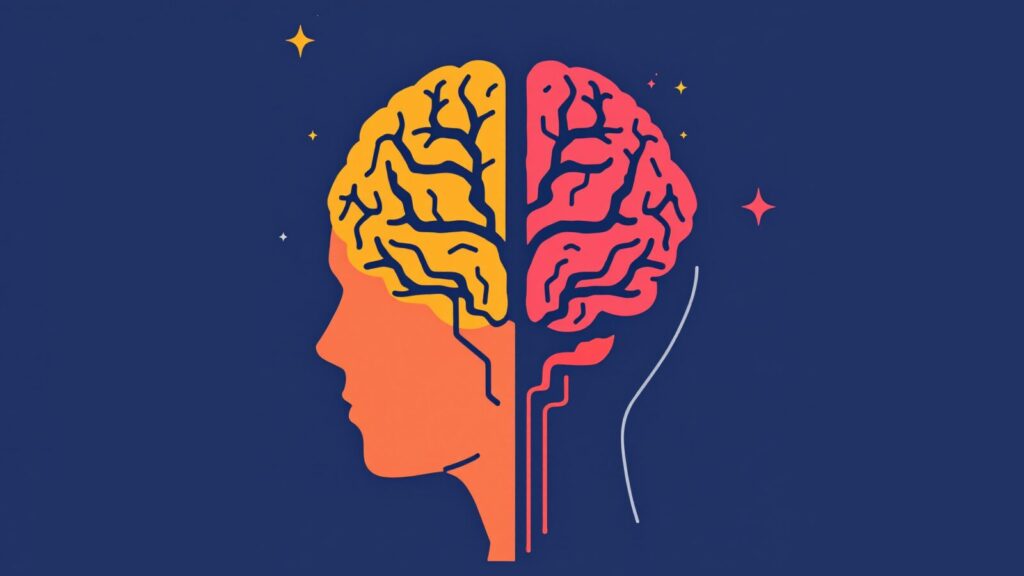Practicing Self-Awareness in Poker: A Path to Improved Performance

Are you often left confused after a poker session? Do you struggle to identify why you made certain decisions? Practicing self-awareness is crucial for any poker player looking to enhance their game. It helps you understand your emotions, improve your decision-making, and ultimately become a better player. In this article, we’ll explore the importance of self-awareness in poker and provide practical tips to cultivate it. Let’s get started!
What is Self-Awareness?
Self-awareness is the ability to recognize and understand your thoughts, emotions, and behaviors. In poker, this means being conscious of how your feelings influence your decisions and gameplay. When you’re self-aware, you can assess your strengths and weaknesses, leading to better strategic choices at the table.
Why is Self-Awareness Important in Poker?
- Improved Decision-Making: Self-awareness helps you recognize emotional biases that might cloud your judgment. This leads to more rational and objective decisions.
- Emotional Control: By understanding your emotions, you can manage them better. You’ll be less likely to tilt and more capable of maintaining composure during high-pressure situations.
- Identifying Patterns: Self-awareness allows you to recognize patterns in your play. You can identify recurring mistakes and areas for improvement, leading to growth as a player.
- Better Bankroll Management: When you’re self-aware, you can make more informed decisions about your bankroll and avoid impulsive bets or plays.
How to Practice Self-Awareness in Poker
1. Reflect on Your Sessions
After each poker session, take time to reflect on your decisions and emotions. Ask yourself questions like:
- What were my most significant wins and losses?
- How did I feel during the session?
- Were there moments when I made impulsive decisions?
Journaling your thoughts can be a helpful way to process your experiences and recognize patterns in your behavior.
2. Analyze Your Gameplay
Review your hands and decisions critically. Use hand history software or poker tracking tools to analyze your play. Look for trends, such as:
- Are you more aggressive when losing?
- Do you tend to play too conservatively after a win?
Identifying these patterns can help you adjust your strategy and make more informed decisions in the future.
3. Monitor Your Emotions
Pay close attention to your emotional state during gameplay. Notice how your feelings influence your decisions. For example:
- Do you feel anxious when facing a big bet?
- How do you react after a bad beat?
Acknowledging your emotions can help you manage them better and prevent them from negatively impacting your performance.
4. Set Personal Goals
Establish specific, measurable goals related to self-awareness. For instance, you might aim to:
- Reflect on your sessions after every game.
- Identify one emotional trigger each week that affects your play.
- Focus on one aspect of your decision-making process to improve at each session.
Setting goals will keep you accountable and motivated to enhance your self-awareness.
5. Practice Mindfulness
Incorporate mindfulness techniques into your routine. Mindfulness can help you stay present and aware of your thoughts and feelings during gameplay. Consider:
- Breathing exercises to calm your mind.
- Meditation to enhance focus and reduce anxiety.
Practicing mindfulness will improve your self-awareness and overall performance at the poker table.
6. Seek Feedback
Engage with fellow players or coaches who can provide constructive feedback on your gameplay. They may observe things you might overlook, helping you become more aware of your strengths and weaknesses.
7. Stay Open to Change
Self-awareness is an ongoing process. Be open to change and willing to adapt your strategies based on your reflections and analyses. Recognize that growth takes time and patience.
The Benefits of Self-Awareness Beyond Poker
Practicing self-awareness in poker has benefits that extend beyond the game. Here are a few ways it can enhance other aspects of your life:
- Better Relationships: Understanding your emotions can improve your communication skills and relationships with others.
- Enhanced Decision-Making: Self-awareness helps you make more informed choices in various life situations, from personal decisions to professional challenges.
- Increased Resilience: Being aware of your emotional triggers can help you bounce back from setbacks more effectively.
- Personal Growth: Self-awareness fosters personal growth and development, allowing you to become more in tune with your thoughts and feelings.
Conclusion
Practicing self-awareness is a vital skill for any poker player looking to improve their game. By reflecting on your sessions, analyzing your gameplay, monitoring your emotions, and setting specific goals, you can enhance your decision-making and emotional control. Remember, self-awareness is an ongoing journey. With dedication and practice, you’ll become a more resilient, strategic, and successful poker player.So, the next time you sit at the table, take a moment to check in with yourself.
Embrace the process of self-discovery, and watch as your poker game transforms for the better. Happy playing, and may your journey in poker be filled with growth and success!

